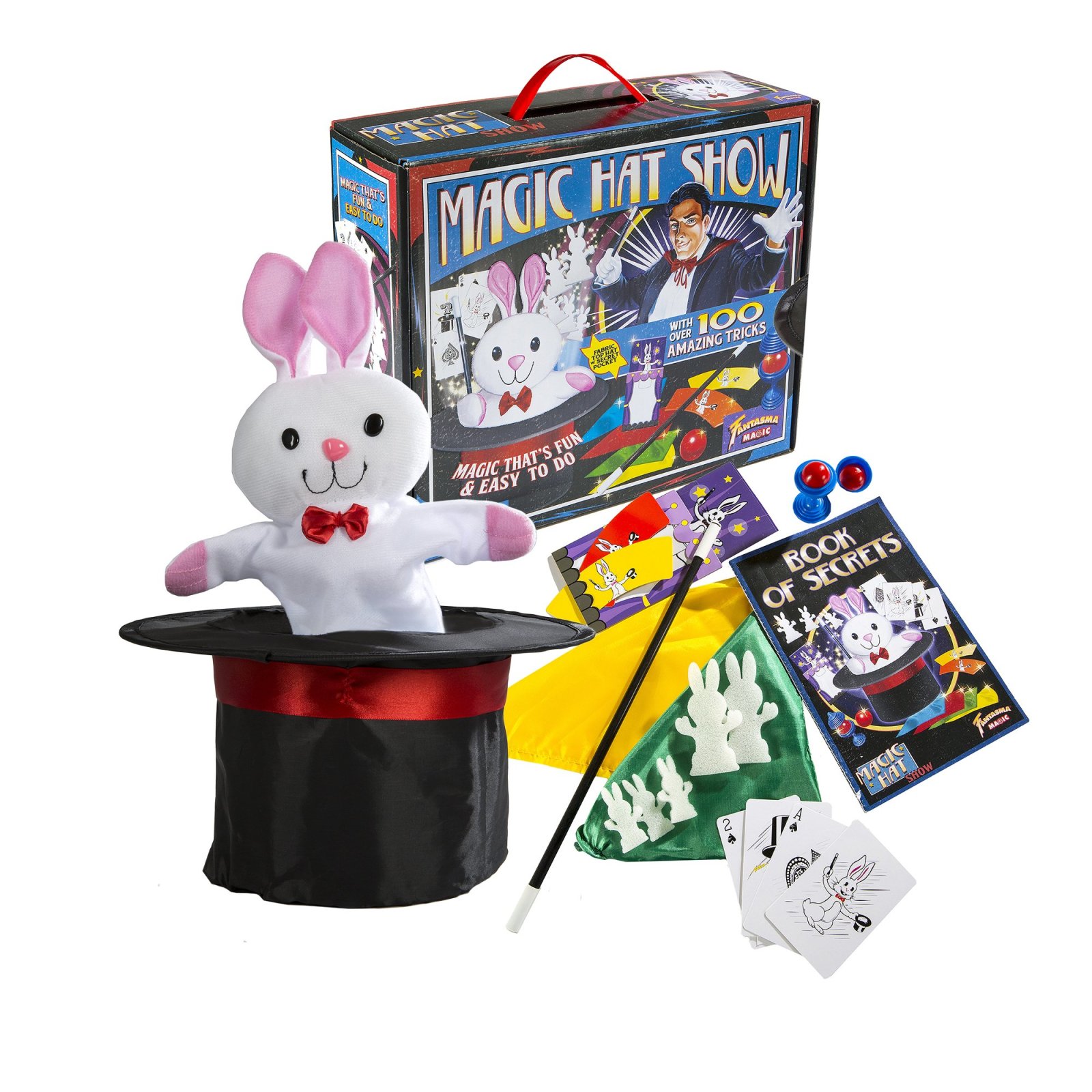



Self-esteem scores after the magic camp were significantly higher than the self-esteem scores before camp. Participants completed assessments before and after camp, and they and their parents were individually interviewed after camp to explore their camp experience. The camp met three days a week, in sessions from 45 minutes to one hour, over four consecutive weeks, for a total of nine to 12 hours. The single-group study at UAB included six children with ADHD, ages 8-14, who participated in a virtual magic camp program designed for children with disabilities. Magic trick programs have also been reported to enhance the self-esteem of children with severe emotional disturbances, and those with a diverse range of developmental disabilities such as communication difficulties, learning difficulties, (emotional) behavioral disorders, autism and ADHD. The approach promotes motivation and improves physical, psychological, perceptual or social functions in those who participate and has been shown to be an effective treatment technique. Learning and performing magic tricks can benefit children and adults with disabilities. Children with ADHD can experience low self-esteem. It shows the effectiveness of a virtual summer magic camp program in enhancing self-esteem in children and adolescents with attention-deficit/hyperactivity disorder. The study, published in Health Psychology Research, is a collaboration between the University of Alabama at Birmingham’s Institute for Arts in Medicine, the School of Health Professions’ Department of Occupational Therapy and illusionist and educator Kevin Spencer. Teaching magic tricks to children with disabilities can enhance their feelings of self-esteem and confidence, a study has shown.


 0 kommentar(er)
0 kommentar(er)
